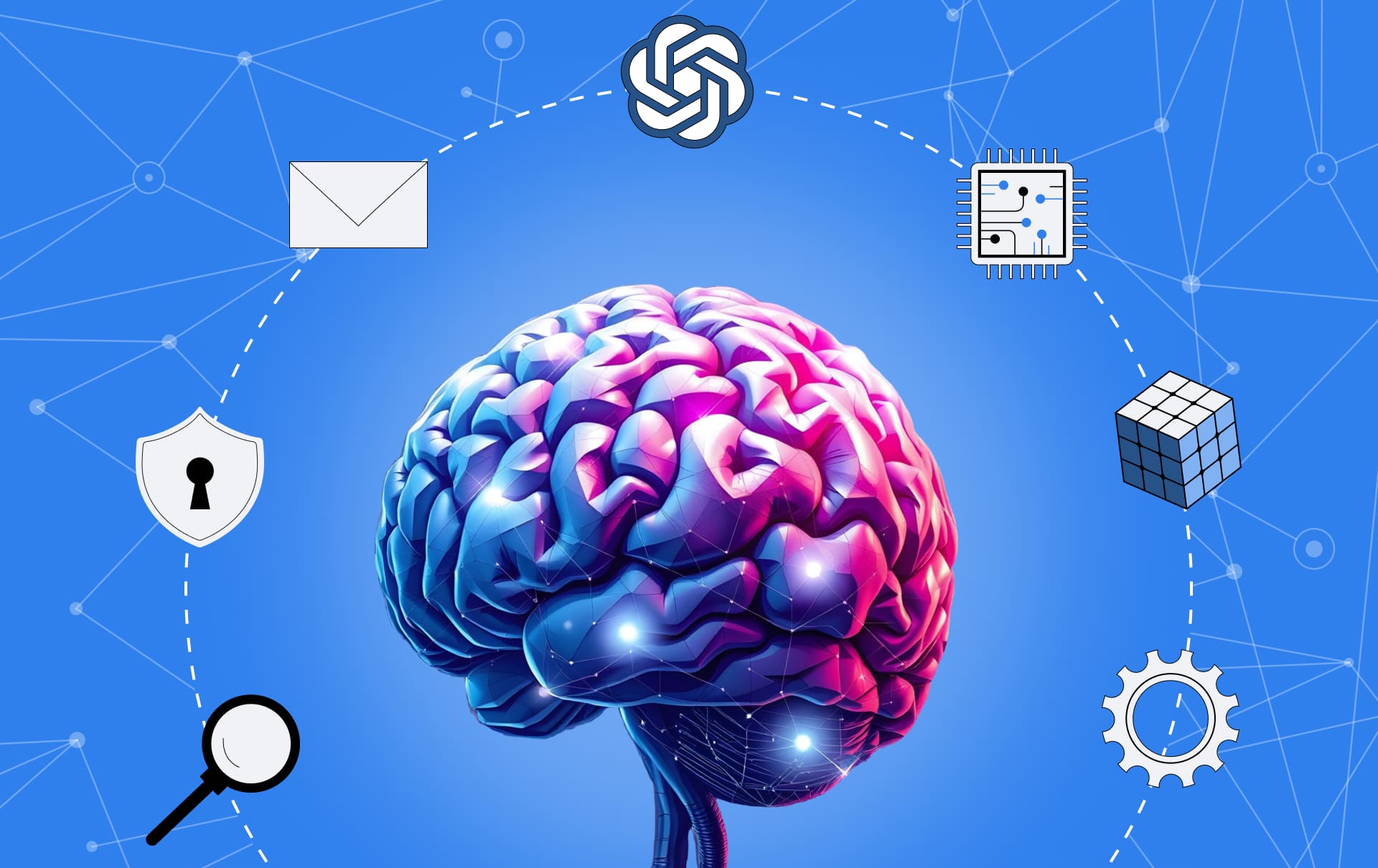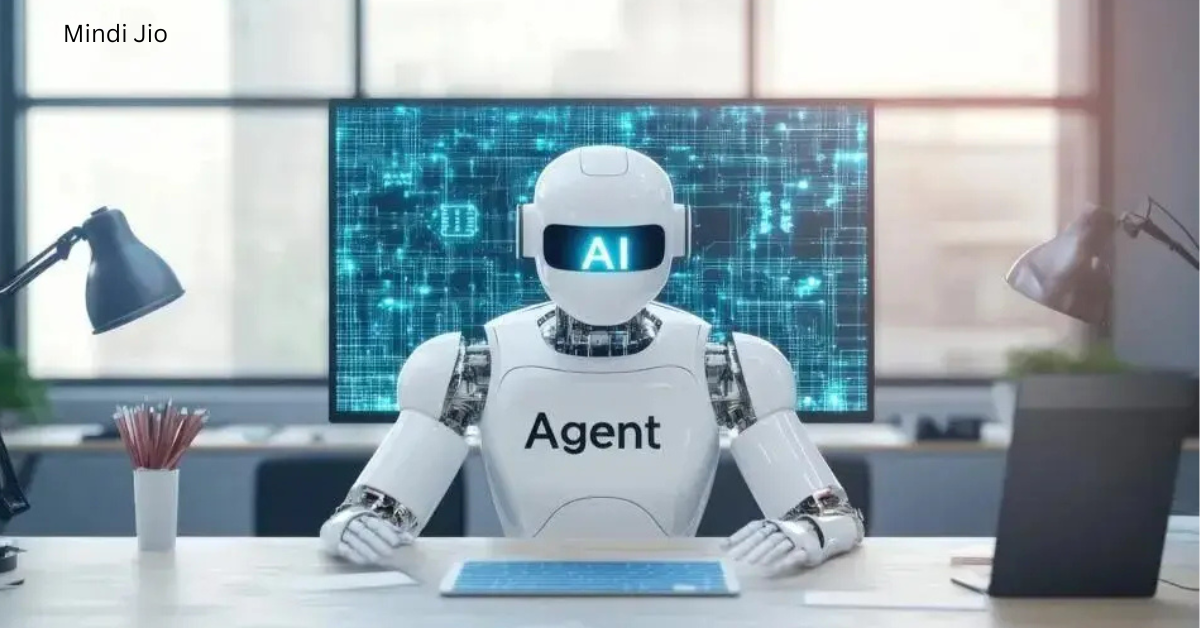AI Agents
AI agents are quickly becoming one of the most transformative developments in technology. These autonomous or semi-autonomous programs can perform tasks, make decisions, and interact with digital environments on behalf of humans. Whether you’re seeing them in customer support, automating workflows, or running simulations, They are redefining how work gets done.
But what exactly are they? How do they function, and where do they fit in the rapidly evolving tech landscape? More importantly, are they ushering in a new era of human empowerment—or setting us on a course toward overdependence?
In this in-depth blog, we explore what they are, how they work, the good they bring, the concerns they raise, and what their rise means for businesses and society.
What Are AI Agents?
They are software programs capable of perceiving their environment, processing data, and acting upon that data to achieve specific goals. Unlike traditional scripts or bots, agents are often designed with a degree of autonomy. They can:
- Learn from interaction and feedback (reinforcement learning)
- Adapt to new information
- Make decisions based on predefined objectives
Some common types include:
- Conversational Agents (e.g., chatbots like ChatGPT)
- Task Automation Agents (e.g., workflow bots)
- Game-playing Agents (e.g., AlphaGo)
- Search and Planning Agents (e.g., pathfinding in logistics or maps)

5 Benefits of AI Agents Transforming Our Lives
1. Supercharged Productivity
They can handle repetitive tasks—like data entry, appointment scheduling, or document analysis—freeing humans to focus on creative or high-level work. This shift improves overall productivity and job satisfaction.
2. Real-time Decision Making
Unlike human workers, they can process vast amounts of data in real-time. This enables faster responses in time-sensitive industries like finance, healthcare, and logistics.
3. 24/7 Availability
Agents don’t need breaks, vacations, or sleep. Whether in customer support or system monitoring, their around-the-clock availability enhances reliability and reduces service downtime.
4. Lower Operational Costs
Once deployed, they can significantly reduce labor costs by automating repetitive or routine processes—especially for startups and SMEs with limited resources.
5. Customized User Experience
From personalized product recommendations to dynamic support interactions, AI agents adapt services based on user behavior, making digital experiences smoother and more relevant.
3 Risks and Challenges of Relying on AI Agents
1. Job Displacement and Skill Redundancy
While they improve productivity, AI agents can also displace workers, particularly in sectors like customer service, clerical work, and logistics. The challenge is balancing innovation with economic inclusion.
2. Data Privacy and Ethical Dilemmas
AI agents rely heavily on data to function effectively. When poorly secured or misused, this data becomes a liability. Biased training data can also result in unfair or discriminatory decisions.
3. Overdependence and Technical Failure
What happens when your entire workflow depends on an agent that suddenly fails? Overreliance on automation without proper fail-safes can lead to critical breakdowns in business operations.
Real-World Examples: How AI Agents Are Already Making an Impact
- Finance: Robo-advisors like Betterment and Wealthfront manage investments using real-time market data.
- Healthcare: Agents assist doctors in analyzing radiology scans and patient histories to improve diagnoses.
- Retail: From chatbots to smart inventory systems, AI is reshaping e-commerce logistics and customer care.
- Software Development: Tools like GitHub Copilot act as coding assistants, boosting developer efficiency.
Explore these industry applications further on Hadiatech.com.
The Uncertain Future: Where Do We Go From Here?
As AI agents become more intelligent and integrated, questions of accountability, transparency, and regulation become more urgent. Governments, organizations, and end-users need to work together to:
- Ensure fair deployment and usage
- Define ethical boundaries
- Provide training and transition support for displaced workers
The next phase of AI won’t just be technical—it will be societal.
Final Thoughts: Embracing Possibility While Managing Risk
AI agents are neither inherently good nor bad. Like all tools, their impact depends on how we use them. The challenge lies in maximizing their potential while addressing the very real risks they pose. With thoughtful implementation, these agents can unlock levels of efficiency, intelligence, and innovation never before possible.




